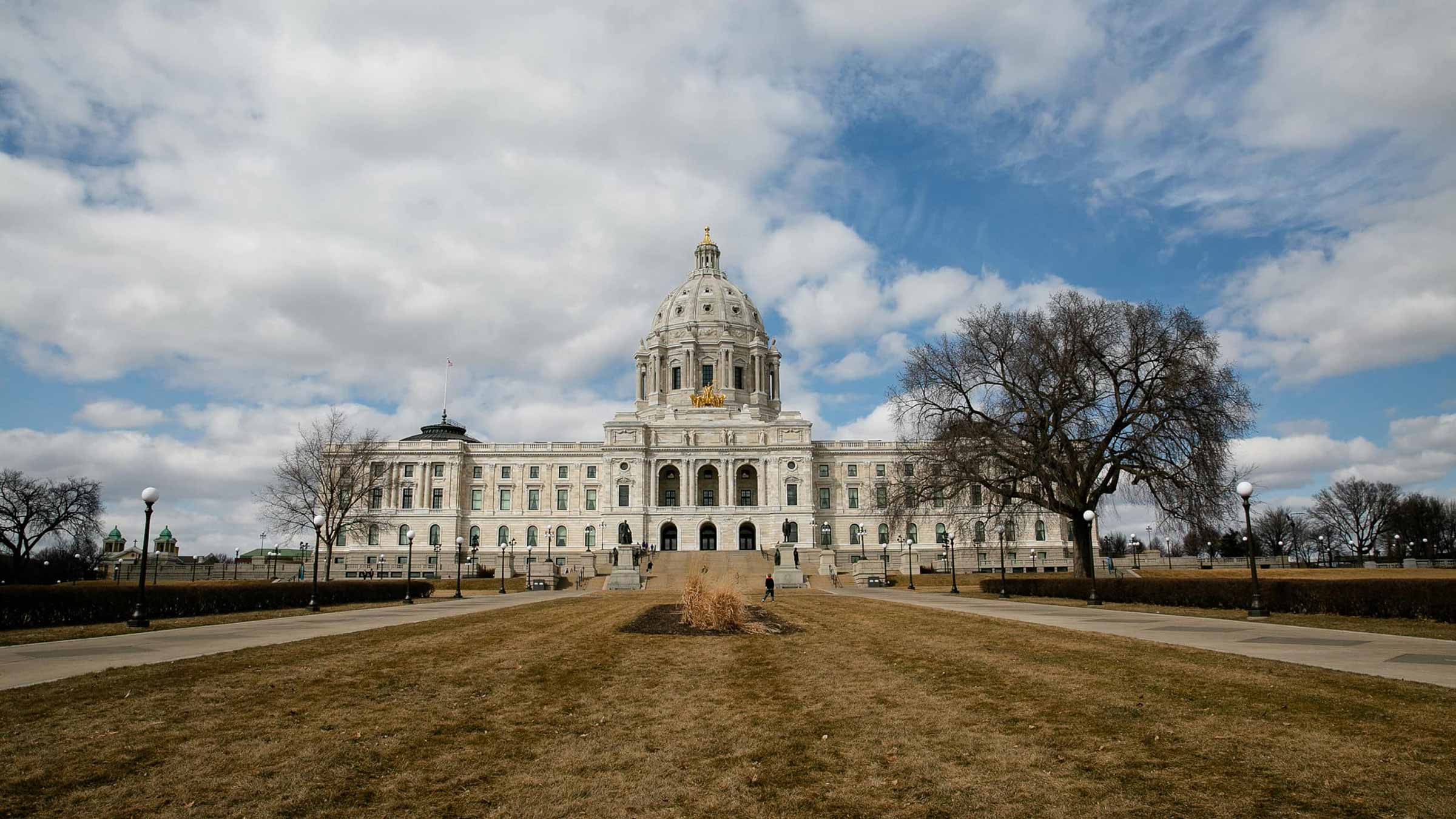
The 2023 legislative session adjourned on May 22 with many legislative wins for Greater Twin Cities United Way, our partners and our communities. The House and Senate came to final agreements on bills aligned with our 2023 Policy & Advocacy Agenda that will help promote educational success, deepen household stability and build economic opportunity across the state.
This legislative session marks a historic $2 billion investment in increasing access to early child care and education and stabilizing the workforce – a huge step toward a more stable, affordable and robust early care and education system in Minnesota. Early learning scholarships; community solutions grants; retention payments; Child Care Assistance Program (CCAP) improvements; and investments in Family, Friend and Neighbor providers will contribute to stronger social skills, improved academic success and healthy brain development for Minnesota’s children – and a stable workforce for the providers who support them.
As part of our early care and learning advocacy, Greater Twin Cities United Way hosted Advocacy for Children Day, along with our partners at the Start Early Funders Coalition, to urge legislators to invest in our littlest Minnesotans.
This session also saw historic investments in household stability, with $1 billion dedicated to affordable housing and homelessness response. Investments in the Family Homelessness Prevention Program (FHPAP) and Homeless Youth Act; expansion of Homework Starts With Home; and the creation of a Landlord Risk Mitigation Fund will improve housing stability and result in improved long-term outcomes over multiple generations – benefitting not just individuals, but whole families.
Greater Twin Cities United Way was proud to co-sponsor Homeless Day on the Hill with our partners at the Minnesota Coalition for the Homeless to encourage legislators to support these meaningful investments in the full continuum of housing stability.
Significant progress was made in addressing the benefits cliff, which occurs when a small increase in income does not outweigh the subsequent loss in public benefits. The passage of Minnesota Family Investment Program six-month budgeting periods, Medical Assistance continuous eligibility for minor enrollees, and Housing Support Income modifications are all family-sustaining measures that will mitigate the impact of the benefits cliff and support families' economic stability.
We were able to achieve this work with our many partners, including Saint Paul Promise Neighborhood and their family advocates, and Children’s Defense Fund (CDF) and their Economic Stability Indicator tool.
Additionally, we sought our first state funding request with bills for each of our innovation initiatives. We were invited to testify on behalf of Full Lives, 80×3 and Career Academies in committee hearings. As a result, Career Academies has been funded at $500,000 for each of the next two years, totaling $1 million over the biennium. These funds will be granted to partner organizations to scale career pathways experiences for students to earn experience in high-wage, high-demand fields, and transition into family-sustaining careers.
A special thanks to our partners at St. Louis Park High School, and in particular to Kevin Martinez Herrera, who testified before the House Workforce Development Committee sharing his positive experience with the Career Academies program.
The legislature also passed a $30 million investment in Afterschool Community Learning Grants, which will ensure young people are prepared to succeed through high-quality out-of-school programs. Thank you to our partners at Ignite Afterschool for their ongoing commitment to this work. We also saw the passage of free school meals, and investments in the Farm to School Grant, which will contribute to our goal of ensuring Minnesotans have access to fresh, healthy meals.
See a full list of our legislative wins in the 2023 session.
Thank you to everyone who advocated alongside us! Your voices were heard, and we made important strides in not only passing important, much-needed legislation, but also in increasing bipartisan awareness of our important work.